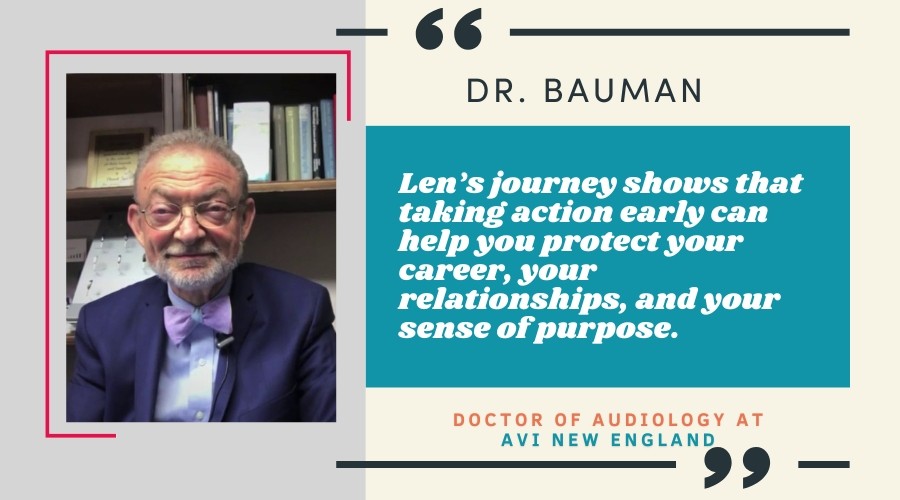Sound sensitivity challenges have a detrimental impact on your quality of life, turning the simplest joys into agonizing experiences. In spite of the misconceptions, help is available for those experiencing sound sensitivity issues.
Early in his 40+ year career, Dr. Bauman established a tinnitus and sound over-sensitivity clinic, developing proprietary treatment therapies that he teaches to both national and international practitioners. Because of his expertise and extensive experience, he is the expert the experts turn to for advice and support regarding sound sensitivity cases.
Those experiencing sound sensitivity tend to be affected by sounds in such a way that it produces an “auditory overload”. In essence, their brains perceive auditory sensory sensations at levels of greater intensity than others.
Hyperacusis
Often referred to as sound oversensitivity (increased auditory gain), makes it difficult for individuals experiencing it to tolerate everyday sounds. Their condition includes a greater sensitivity to most sounds.
Phonophobia
Is a fear of sound. Individuals experiencing this form of sound sensitivity have a great deal of anxiety or fear of being exposed to “too much sound” which they perceive could be harmful.
Misophonia
Sometimes called Selective Sound Sensitivity Syndrome (4S), reacts to trigger sounds with annoyance or anger by activating their fight-or-flight response.
Sounds that trigger this condition typically include oral sounds (chewing or swallowing), clicking sounds (keyboard or tapping fingers), movements (fidgeting), and/or repetitive sounds in nature.
TTTS, or Tonic Tensor Tympani Syndrome
Involves a decreased contraction threshold of the tensor tympani muscle in the middle ear, leading to involuntary spasms and chronic ear pain in anticipation of being exposed to a perception of a harmful sound.
Individuals with TTTS usually complain of oversensitivity to sound, occasional tinnitus, and some vague form of dizziness.
Acoustic Shock (AS)
Causes pain and discomfort to those experiencing it while exposed to various sounds, but symptoms of shock (nausea, anxiety, depression, headaches, fatigue, etc.) continue after the sound has stopped.
Feedback oscillation, fax tones, or signaling tones are common triggers for this condition associated with TTTS.

Dr. Bauman’s extensive research and experience with sound sensitivity challenges is recognized by national and international experts who come to him for advice, consultation, and training. AVI New England patients are fortunate to have direct access to the expert treatment available from Dr. Bauman and our team of experts.






















